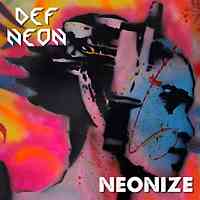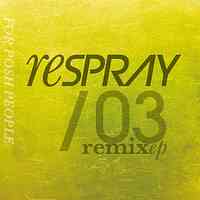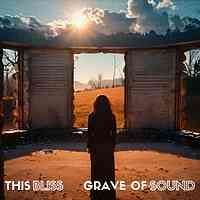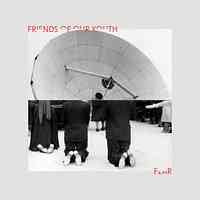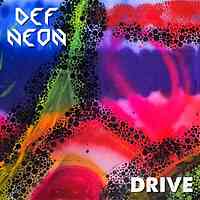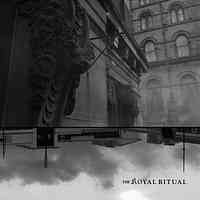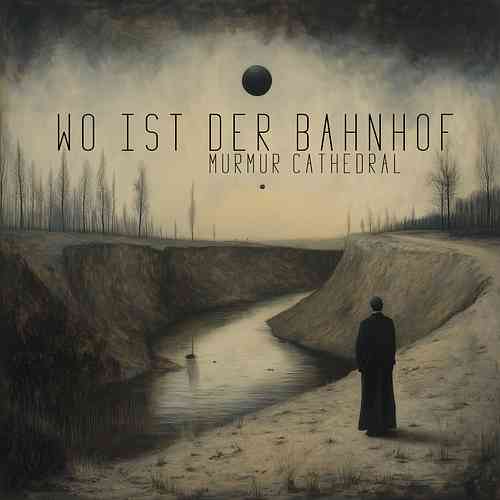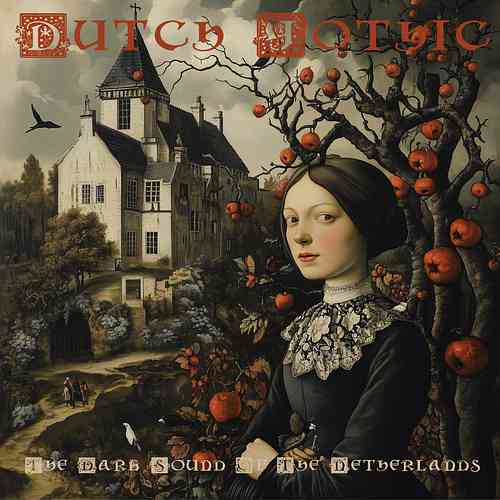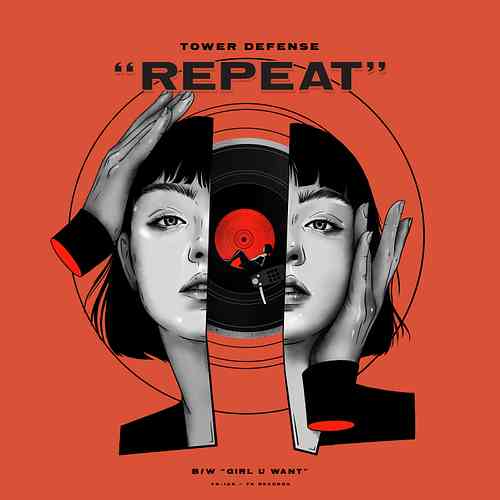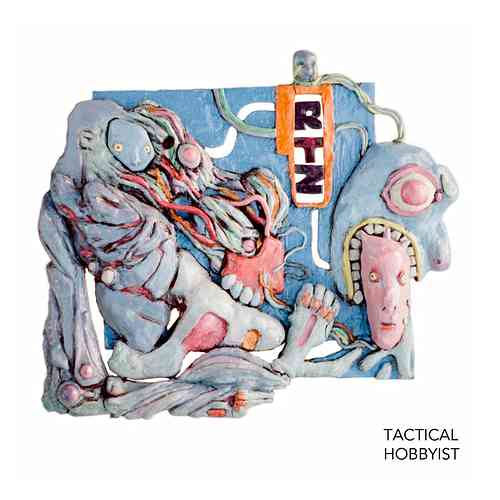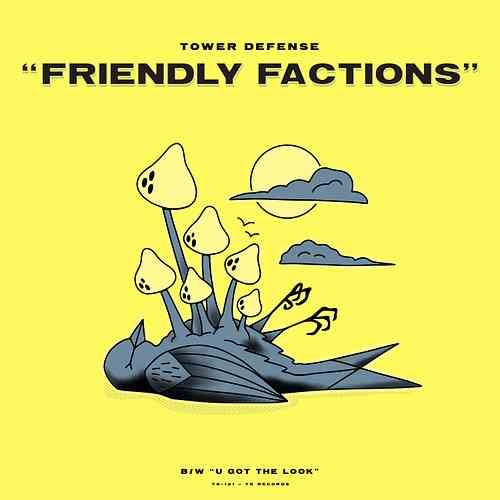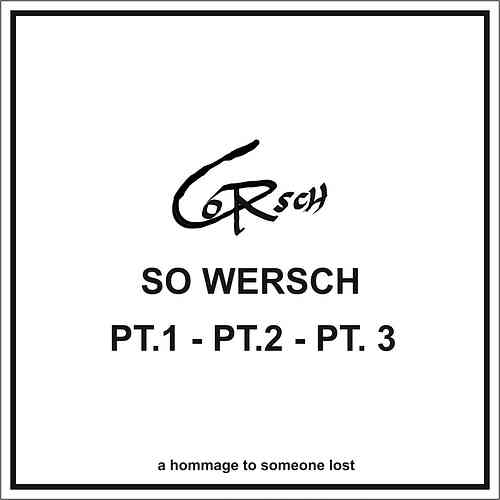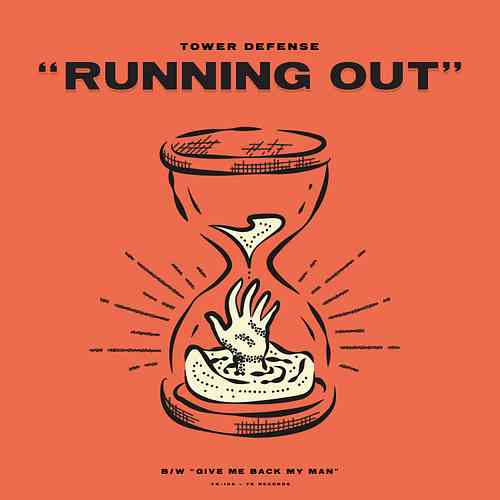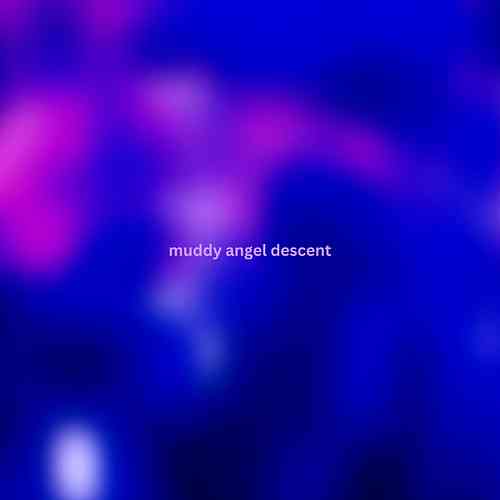
When death comes knocking at the door of a Bosnian babushka, nothing goes as planned. Blending folklore and dreamlike visions, Danse Macabre celebrates the fierce will to live and the beauty of endings that might not be final at all.
Disparate influences blend together to create the signature Monitors sound, and Danse Macabre is no exception. Here they shake up those ingredients to make a new sonic cocktail; Eastern European folk plays a role, and so does New Wave – think Talking Heads and XTC. The band’s electronic elements become more overt, pushing Monitors’ predilection for techno and electronica into primal EBM. Monitors have rarely sounded so unrestrained, raw, and unpredictable as they do on Danse Macabre.
Danse Macabre is the first glimpse into their new album and the next evolution of the band, and it’s one heck of an introduction. Inspired by the medieval tradition of the Dance of Death, Danse Macabre explores the fragility of life, the rituals we cling to, and the silent battles we fight at the edge of the unknown.
Taking influences from their different backgrounds, the band works in flavours of Irish and Slavic melodies and mysticism into the lyrics and composition of Danse Macabre, deliberately reviving flashes of half-remembered religious beliefs and images.
Monitors resolutely remain a post-punk band, but allow themselves to bring more of their own lives—be it experiences of Ireland, France, or post-war Bosnia—to become a vital part of their sound, melodies, and lyrics.
Says the band about the track: “Historically, the Danse Macabre served as a warning against the vanity of earthly glory. In times of plague and cholera, it reminded people of the universality of death while offering a strange kind of comfort—somewhere between faith, chaos, and a desperate thirst for joy. Danse Macabre follows in that tradition.”
“The accompanying music video features the whole band in a visual tableau mixing symbolism, dark humour, and melancholy,” they add.


